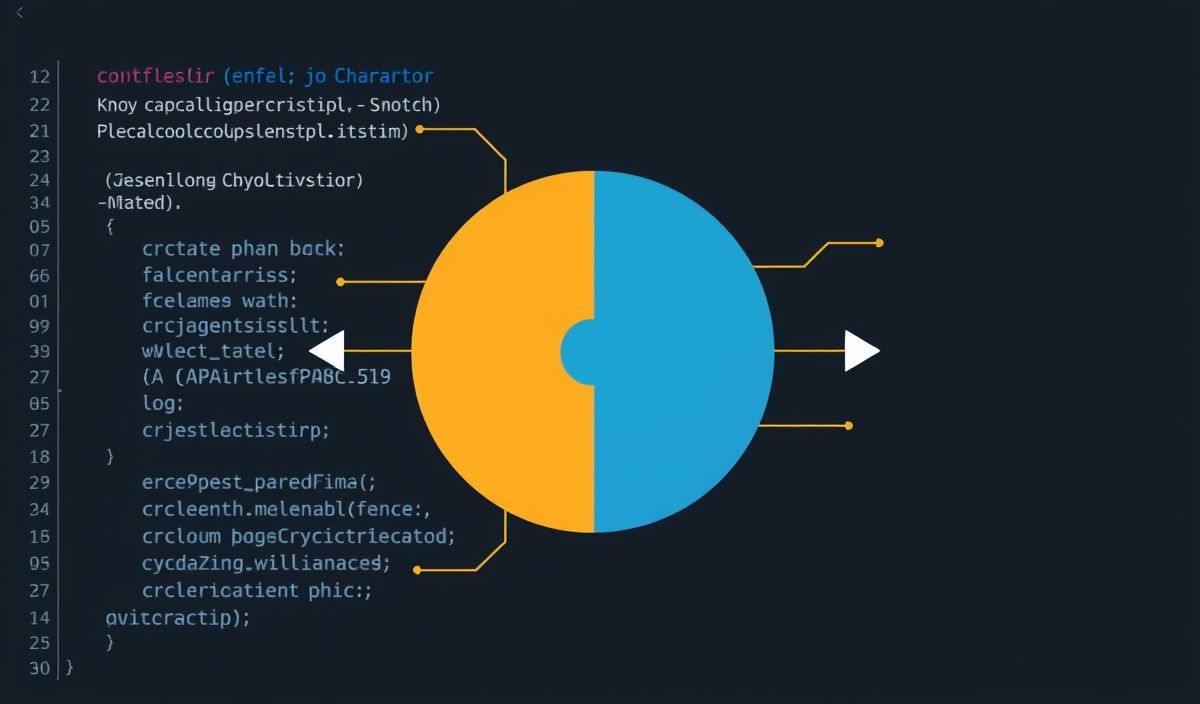Introduction to async-af
Asynchronous operations are crucial for building efficient and responsive web applications. async-af is a powerful JavaScript library designed to make working with asynchronous operations simpler and more intuitive. It provides a suite of helpful API methods that allow you to handle asynchronous tasks with greater ease. In this article, we will explore some of the key APIs provided by async-af and demonstrate their practical applications with code snippets.
Getting Started with async-af
To get started, you need to install async-af:
npm install async-af
API Methods
1. af() (iterator)
The af function can be used to wrap collections and enable asynchronous iterations:
// Example: Asynchronous iteration with af
const asyncAf = require('async-af');
async function asyncIterator() {
const items = asyncAf([1, 2, 3, 4]);
await items.forEach(async (item) => {
const result = await someAsyncFunction(item);
console.log(result);
});
}
asyncIterator();
2. af.map()
The af.map method enables you to apply an asynchronous function to each item in a collection and return a new array of results:
// Example: Mapping asynchronously
const results = await asyncAf([1, 2, 3, 4]).map(async (num) => {
return await asyncSquareFunction(num);
});
console.log(results);
3. af.filter()
The af.filter method allows you to filter a collection asynchronously based on a condition:
// Example: Filtering asynchronously
const filtered = await asyncAf([1, 2, 3, 4]).filter(async (num) => {
return await someAsyncCondition(num);
});
console.log(filtered);
4. af.reduce()
The af.reduce method enables you to reduce a collection down to a single value asynchronously:
// Example: Reducing asynchronously
const sum = await asyncAf([1, 2, 3, 4]).reduce(async (acc, num) => {
return acc + await asyncAddFunction(num);
}, 0);
console.log(sum);
5. af.some()
The af.some method tests whether at least one element in the collection passes the asynchronous test implemented by the provided function:
// Example: Some condition asynchronously
const hasLargeNumber = await asyncAf([1, 2, 3, 4]).some(async (num) => {
return await asyncTestFunction(num);
});
console.log(hasLargeNumber);
6. af.every()
The af.every method tests whether all elements in the collection pass the asynchronous test implemented by the provided function:
// Example: Every condition asynchronously
const allEven = await asyncAf([2, 4, 6, 8]).every(async (num) => {
return await asyncIsEvenFunction(num);
});
console.log(allEven);
Practical Application Example
Let’s create a simple application that fetches user data, processes it, and displays the results using the aforementioned APIs:
Application Example
const asyncAf = require('async-af');
async function fetchUserData(userId) {
// Simulate an API call to fetch user data
return new Promise((resolve) => setTimeout(() => resolve({ id: userId, name: 'User ' + userId }), 100));
}
async function processData() {
const userIds = [1, 2, 3, 4, 5];
const userData = await asyncAf(userIds).map(async (id) => {
return await fetchUserData(id);
});
console.log('Fetched and Processed User Data:', userData);
}
processData();
This example demonstrates how we can efficiently fetch and process user data asynchronously using async-af.
By utilizing the powerful APIs of async-af, you can make your asynchronous operations more readable and maintainable. Incorporate async-af into your projects to handle async tasks with ease and improve your app’s performance.
Hash: 7deb9e84774ce245043965965ff1dbddb0d18674144540f271e21aa559ac8ca2




